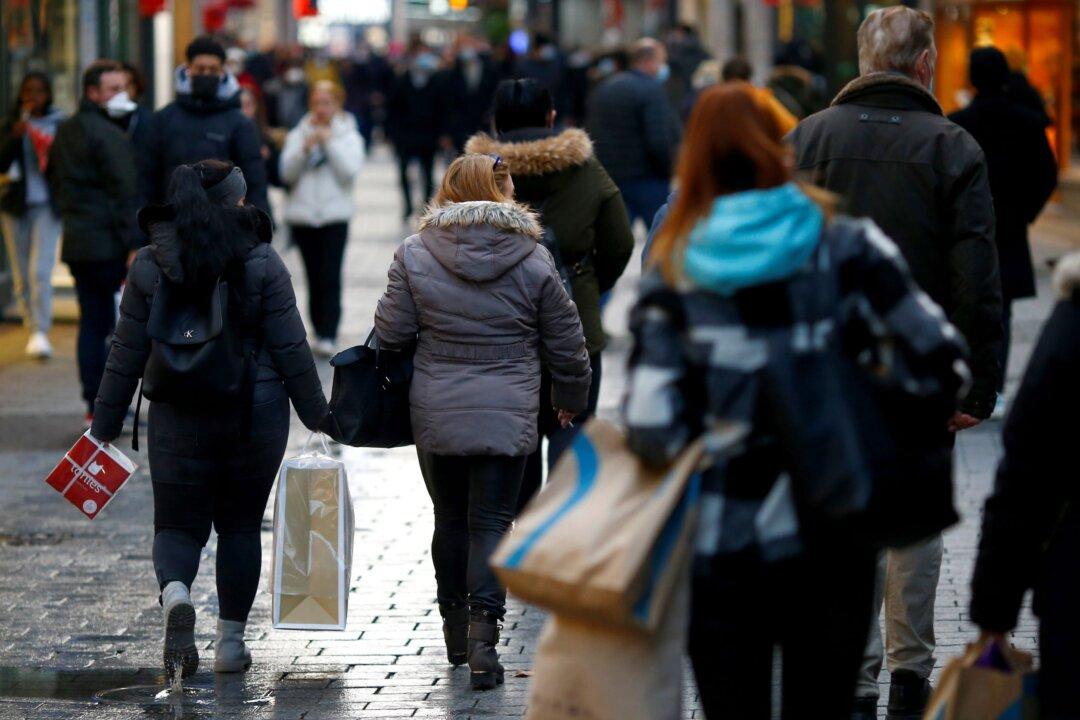Recovery across the private sector in Germany came to a halt in December as the country moved to contain the latest wave of COVID-19 infections with tighter restrictions, flash purchasing managers’ index (PMI) data from IHS Markit showed on Thursday.
The headline Flash Germany PMI Composite Output Index registered 50.0 in December, down from 52.2 in November and at an 18-month low. This was weaker than a Reuters poll of analysts who had predicted a decline to 51.1 in December.




